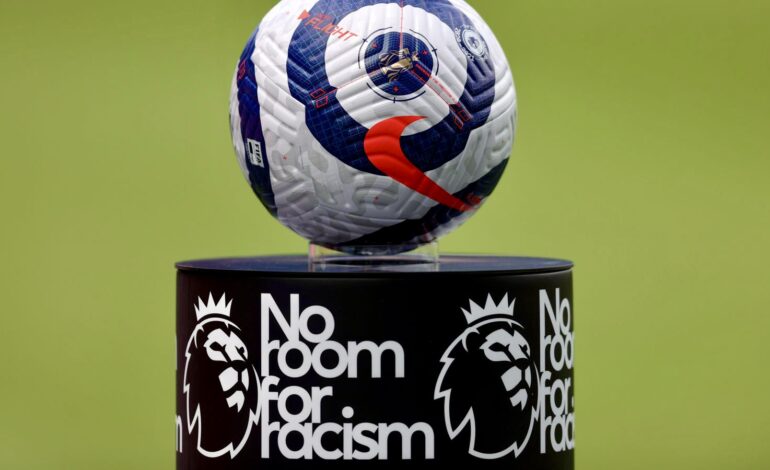
Wayne Lumbasi
Black players face discrimination on every level: public (anti-black racism from fans in stadiums), private (abusive DMs on social media) and institutional (lack of management and coaching opportunities).
A recent study on racial stereotyping in football match commentary show how differently black and white footballers are talked about within the very TV studios.
The majority of football supporters have been outraged by the events in football. Indeed, they are prepared to articulate, publicly or online, their concerns over broader racial injustices in football, especially when they affect their own clubs.
However, directly and immediately challenging the racism that still occurs at English grounds, and on the way to and from matches, remains a different proposition, even if incidents occur more sporadically than in the past.
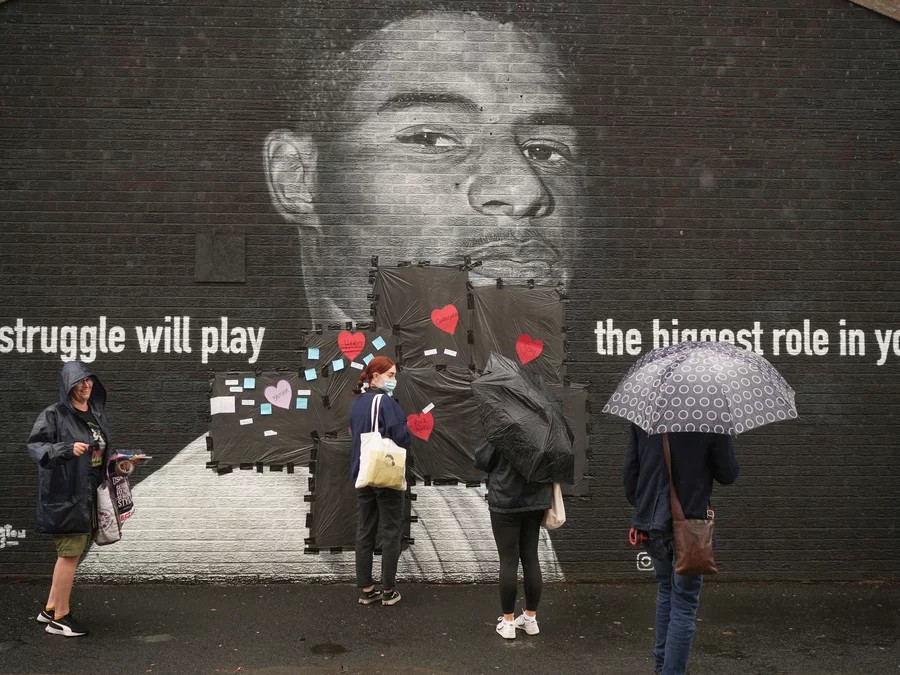
The difficulties facing those many individuals appalled by the racist speech acts and behaviors of other football fans are apparent.
Unfortunately the tribal ethos of football makes some supporters feel that they cannot, or should not, speak out against their fellow fans.
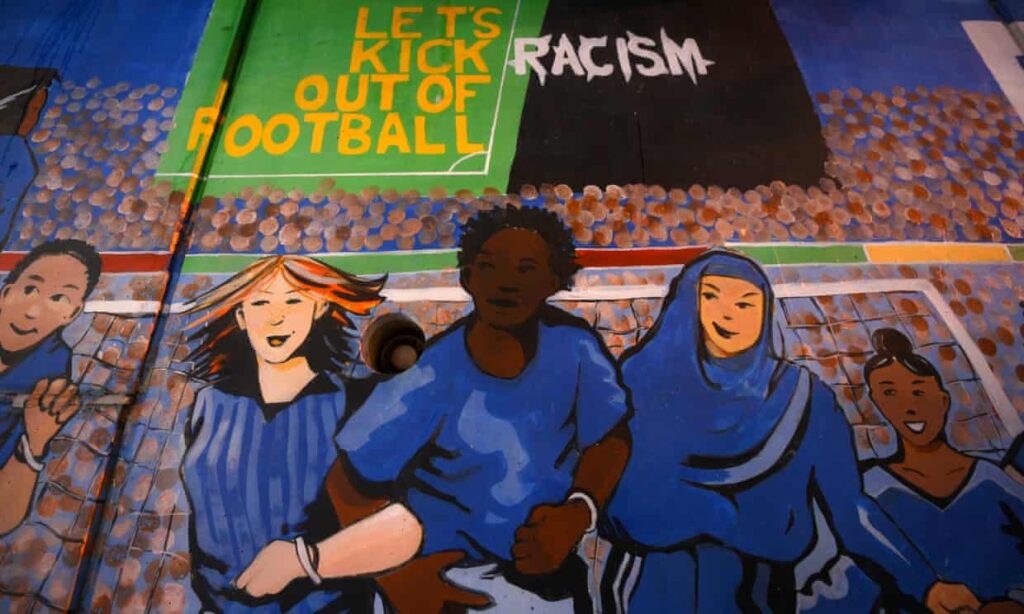
Then there is the very serious issue of fans feeling disillusioned in their capacity to challenge racism in the stands. It is understandable that they may feel unsupported by lip-service-paying authorities, or lack faith in a positive outcome being achieved, given the negligible punishments enforced when their idols on the pitch, in the dugout or in the boardroom behave in such a way.
Silence can represent opposition to racist chants; a refusal to validate the perpetrator’s presence and intentions. But the absence of opposition might also be read, even if mistakenly, as complicity.
Professional clubs, the Football Associations, the Premier League and UEFA may have the power and institutional clout to enforce the penalties that could make a difference, but if the fight against racism in the stands is to be won, then fans must be positioned.


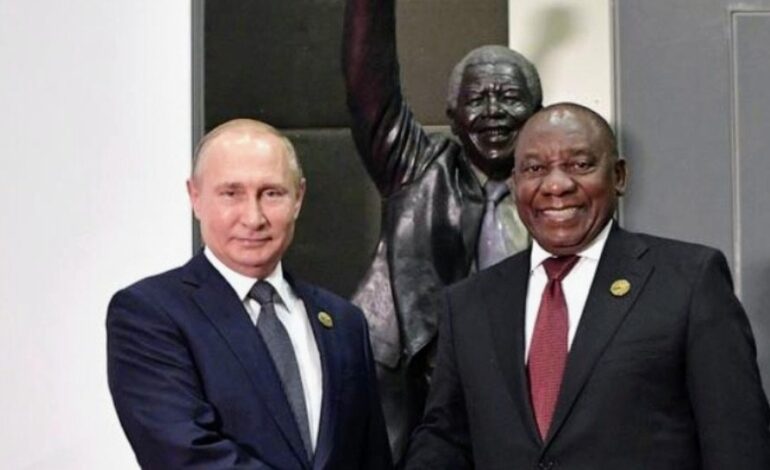
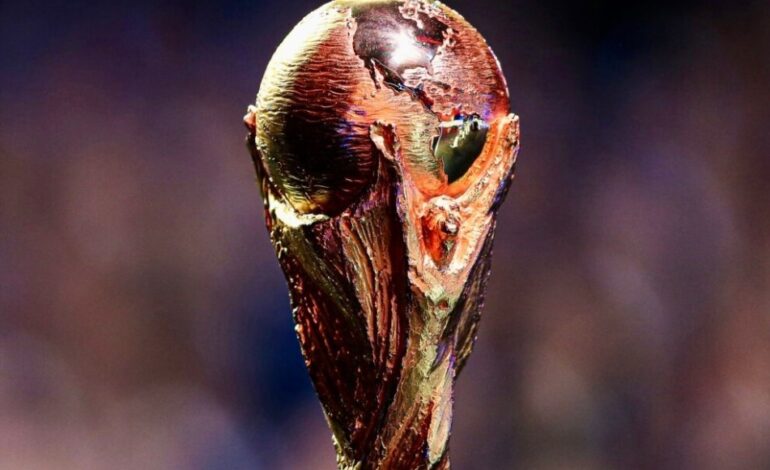

Recent Comments